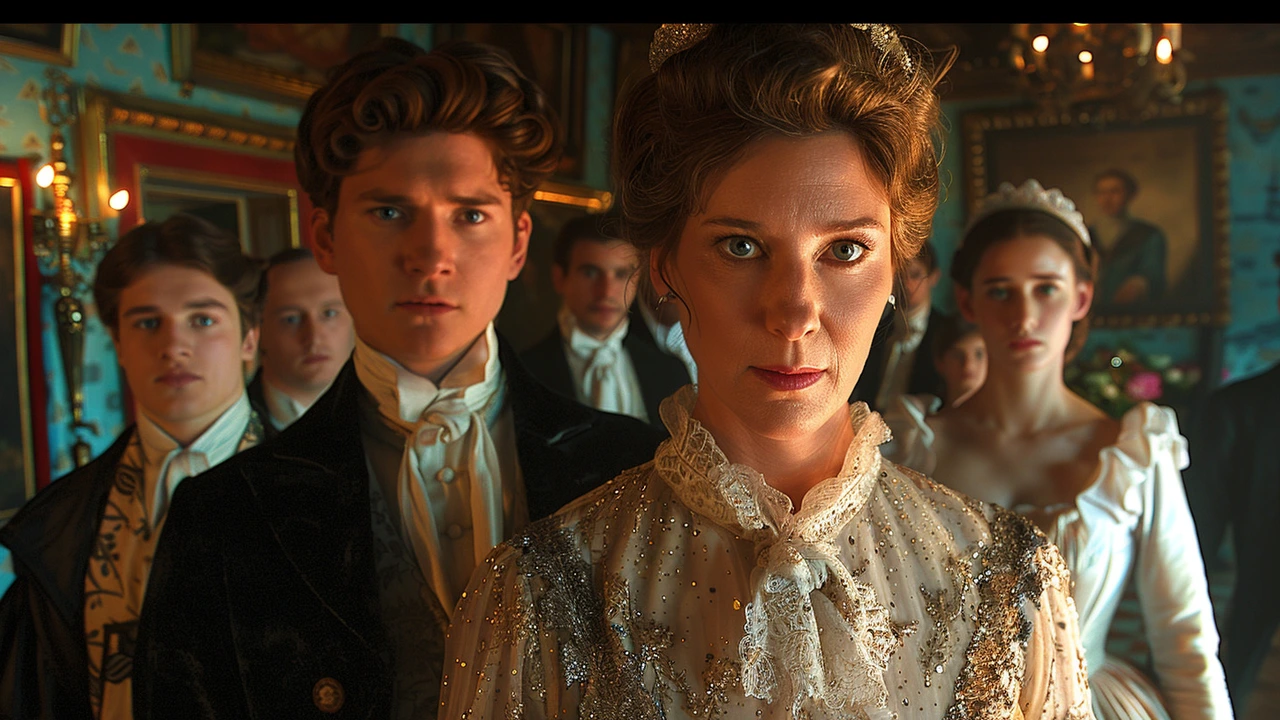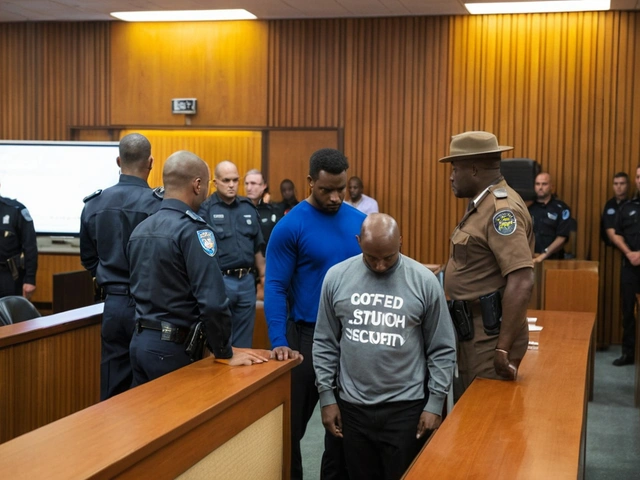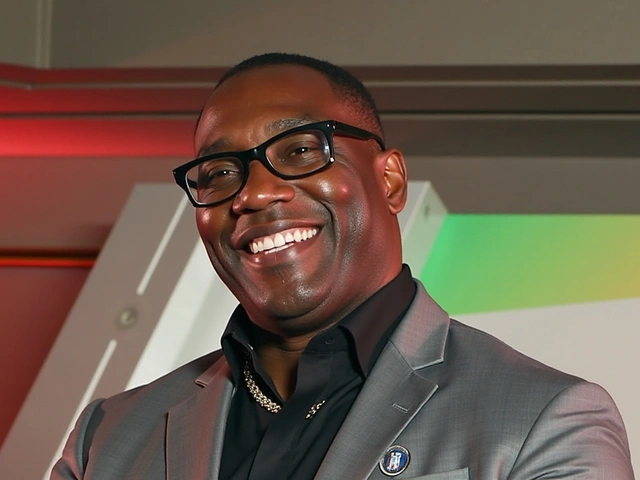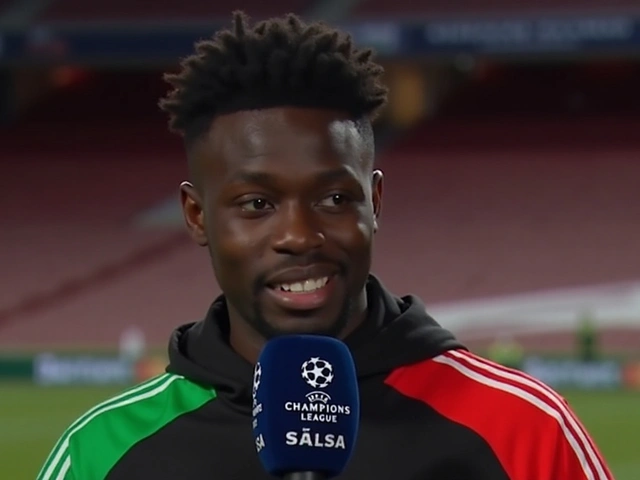Bridgerton Season 3 Takes a Bold Step in Queer Representation
The third season of Netflix's popular series 'Bridgerton' has introduced a transformative element, embracing queer representation through the romantic lives of two key characters, Benedict and Francesca Bridgerton. Benedict Bridgerton, played by Luke Thompson, and Francesca Bridgerton, portrayed by Hannah Dodd, embark on journeys that open the series up to the exploration of same-sex relationships, much to the excitement of its audience.
Most viewers of 'Bridgerton' have been aware of Benedict Bridgerton's ambiguous sexual orientation from previous seasons. However, the third season unveils a more concrete narrative for his character. Benedict's storyline starts to take a new direction when he encounters Tilley Arnold, played by Hannah New, a woman who is open and comfortable with her sexual fluidity. The attraction between Benedict and Tilley is immediately palpable, leading to an intriguing courtship.
As their relationship progresses, viewers are introduced to moments of intimacy that challenge traditional norms. One particular scene that has sparked conversation is Benedict's involvement in a ménage à trois at Tilley's invitation. This scene not only emphasizes Benedict's sexual exploration but also breaks down barriers in the representation of bisexuality on mainstream television. The non-traditional narrative doesn't stop there; Benedict eventually shares his first on-screen kiss with a man, a moment that is both groundbreaking and emblematic of the series' evolution.
Benedict's romantic entanglements are further complicated by his evolving feelings for Tilley. Despite their obvious chemistry, Benedict declines Tilley's proposal for a monogamous relationship, indicating his desire to continue exploring his sexuality and avoiding being tied to conventional expectations. This decision marks a significant departure from the book's storyline, where Benedict's romantic fate is sealed with Sophie, the illegitimate daughter of an earl. Instead, the series alludes to a more complex and fluid exploration of love and identity for Benedict.
Francesca Bridgerton's Unexpected Connection
While Benedict's story captures much attention, Francesca Bridgerton's narrative also takes a noteworthy turn. Traditionally perceived as the more reserved and less explored sibling, Francesca's character experiences a fascinating development. The third season introduces her marriage to John Stirling, played by Victor Alli. On the surface, their union seems conventional, but as the season unfolds, it becomes evident that Francesca's heart may belong elsewhere.
The introduction of John's cousin, Michaela Stirling, portrayed by Ruby Stokes, adds a layer of intrigue and tension to Francesca's storyline. Michaela's presence ignites something within Francesca, suggesting a bond that extends beyond mere familial connection. The chemistry between them is palpable, and their interactions imply an underlying desire and affection that Francesca struggles to navigate.
This budding relationship marks a significant development in Francesca's character, who traditionally has had a less prominent role in the series. The on-screen portrayal of her connection with Michaela adds a new dimension of complexity to her persona and challenges viewers' expectations. Francesca's journey towards self-awareness and acceptance is portrayed with sensitivity, reflecting the broader themes of love and identity that the season seeks to explore.
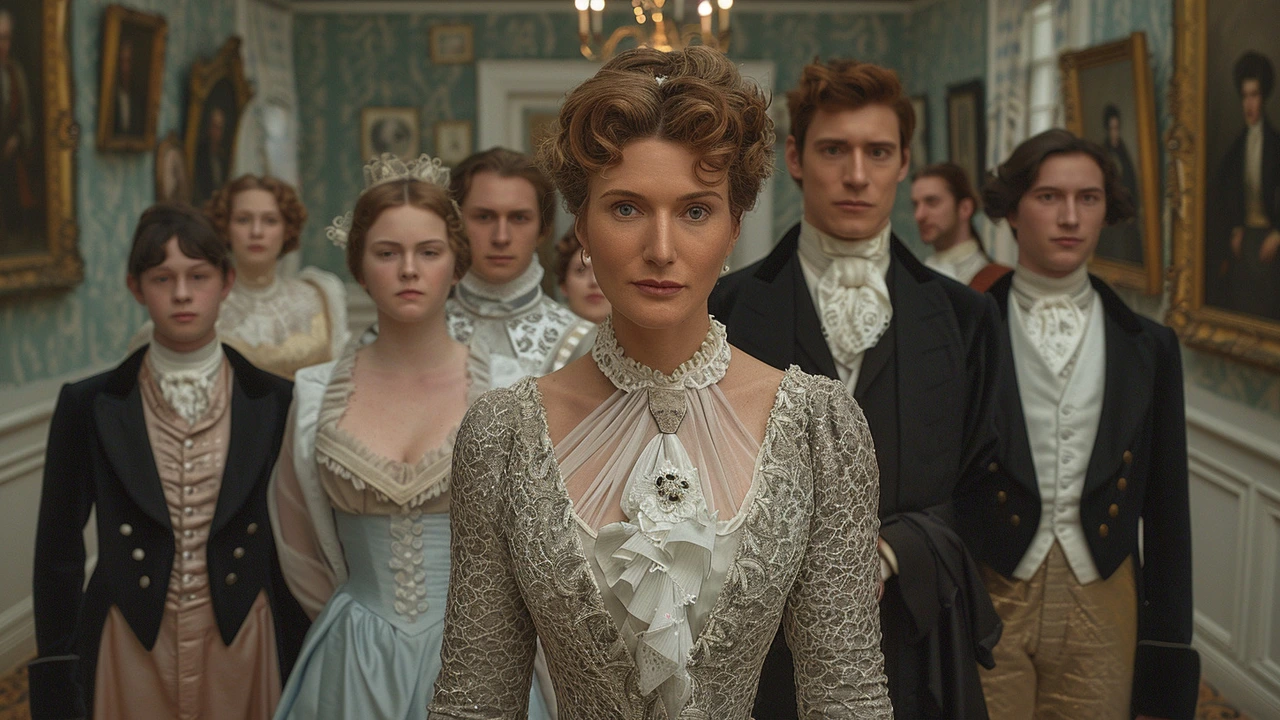
Queer Love in the Limelight
One of the most powerful aspects of the third season of 'Bridgerton' is its commitment to foregrounding queer love and joy. Showrunner Jess Brownell has been vocal about the importance of showcasing these narratives, emphasizing the need for representation and a celebration of diverse love stories. She has teased viewers with 'clues' embedded throughout the season, encouraging fans to delve deeper into the subtext and unravel the hidden layers of the characters' journeys.
The decision to depict queer relationships in a historically set series like 'Bridgerton' is both bold and necessary. It challenges the often heteronormative portrayals of the past while making space for a more inclusive understanding of history and society. This move has been met with mixed reactions, with some purists arguing for adherence to the original books by Julia Quinn, while others applaud the series for its progressive stance.
Fans of the series have expressed overwhelming support for these storylines, praising the show for its bravery and willingness to tackle contemporary issues through a period drama. The depiction of Benedict and Francesca’s romantic explorations offers viewers a chance to see themselves reflected on screen, a sentiment that has often been absent in historical narratives. This validation is particularly meaningful to LGBTQ+ audiences, who have longed for representation that goes beyond subtext and tokenism.
The Future of 'Bridgerton'
As the series ventures into new territories with its characters, it sets a precedent for future seasons. Jess Brownell has assured fans that the focus on queer love is here to stay, hinting at more significant developments to come. This promise of continued exploration of LGBTQ+ narratives positions 'Bridgerton' as a trailblazer in the realm of period dramas.
The potential divergence from the book's plotlines also introduces an element of unpredictability, keeping audiences on their toes. It reveals that while 'Bridgerton' honors its literary roots, it is not afraid to carve out its own path and redefine its characters' destinies. This creative liberty allows for a richer, more varied storytelling approach that can address themes of gender, sexuality, and love with nuance and authenticity.
As 'Bridgerton' continues to evolve, it not only broadens its character arcs but also invites viewers to engage in meaningful conversations about representation and inclusivity. The third season stands as a testament to the power of storytelling to shape perceptions and challenge societal norms. By embracing queer love, 'Bridgerton' demonstrates that historical narratives can be both educational and progressive, shedding light on the multifaceted nature of human relationships.
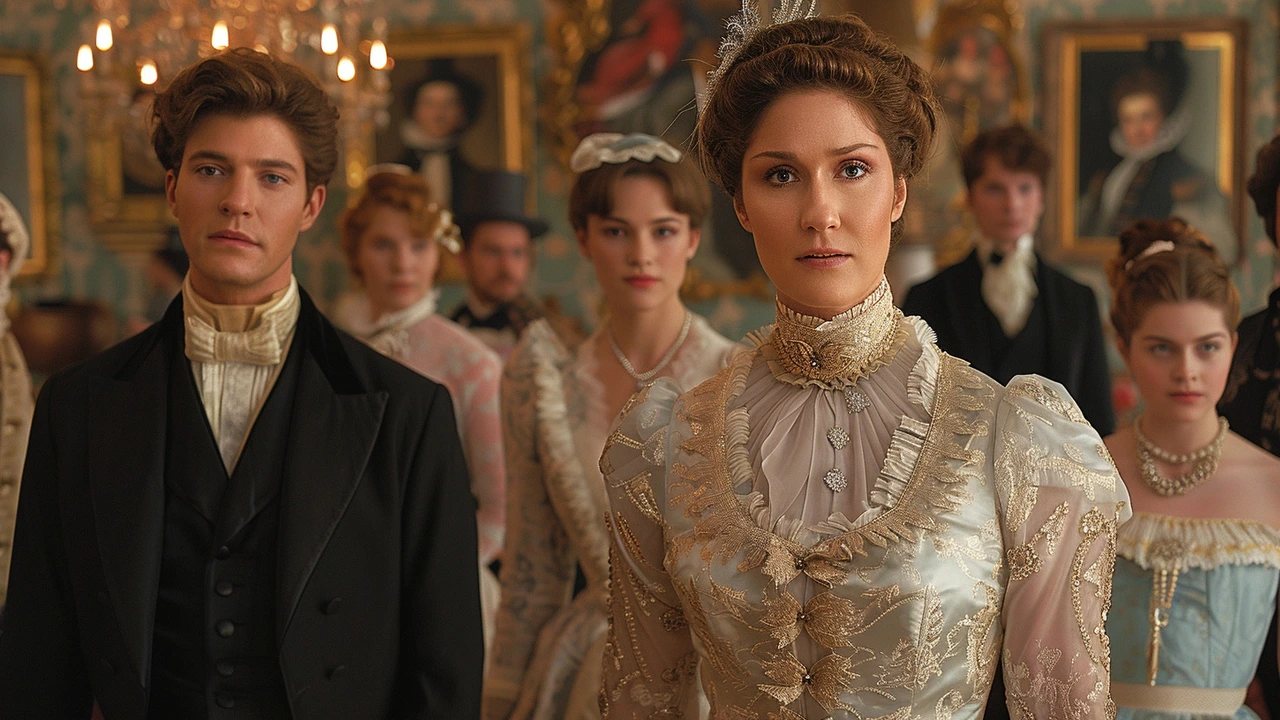
Conclusion
In summary, the third season of 'Bridgerton' has marked a significant milestone in the portrayal of LGBTQ+ relationships in period dramas. Through Benedict and Francesca Bridgerton's stories, the series not only entertains but also educates and inspires, offering a more inclusive representation of love. As the show continues to push boundaries, it remains a beacon of hope and progress, illustrating that love, in all its forms, deserves to be seen and celebrated on screen.
